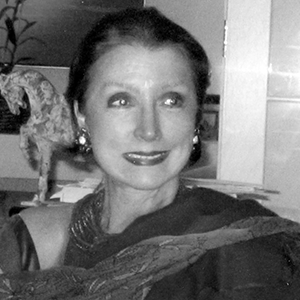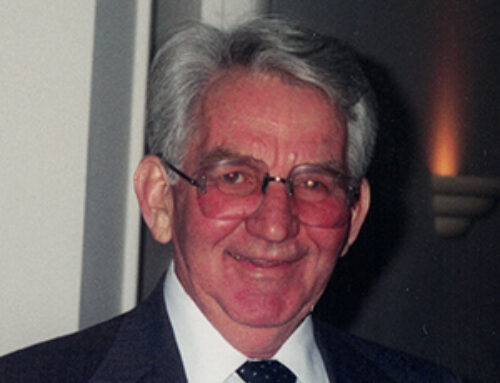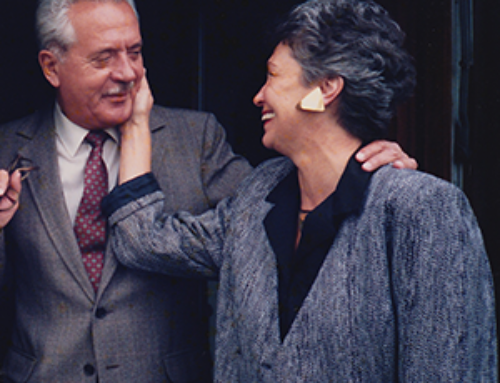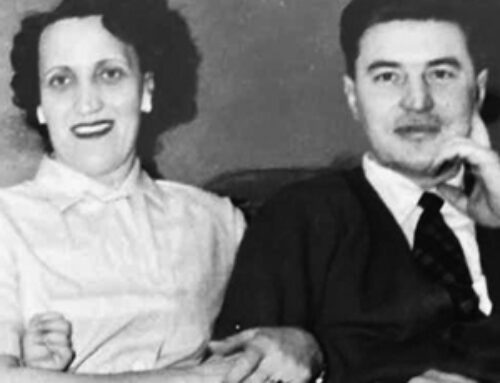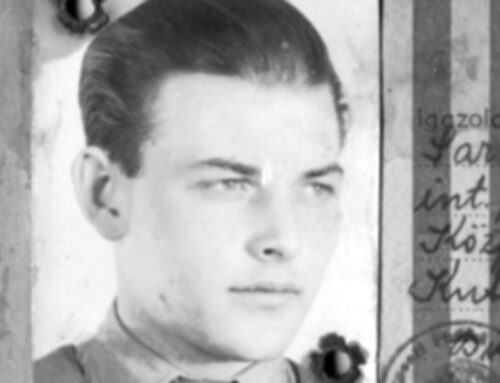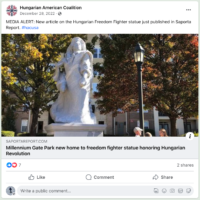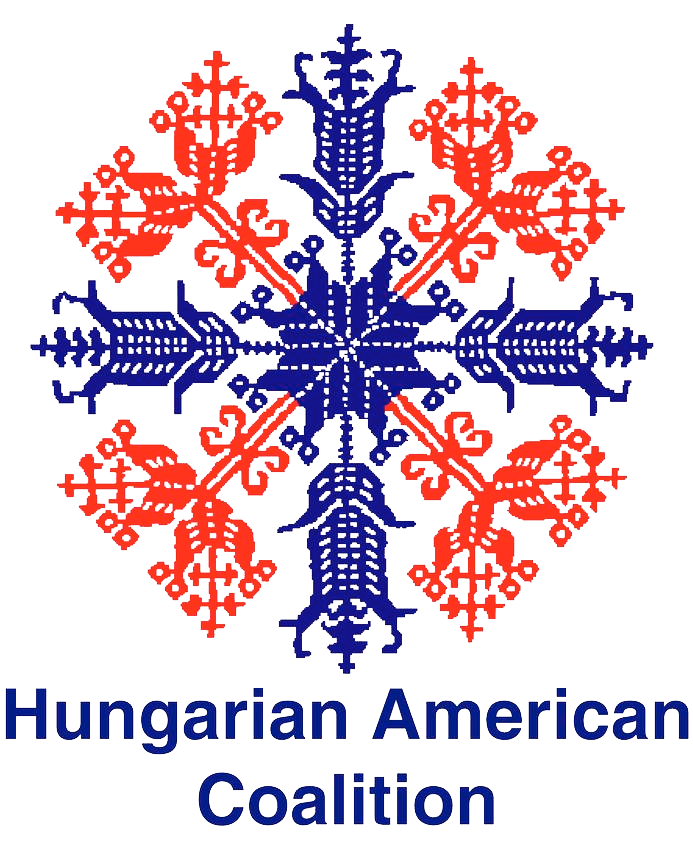Anikó Gaál Schott *
Anikó Gaál Schott was born in Budapest, Hungary and escaped following the 1956 Revolution. She grew up in Montreal, Canada, where she completed her Bachelor of Science Degree in biochemistry at Sir George Williams University. From 1967-1978 she traveled abroad with the U.S .Foreign Service as a dependant, serving in Ecuador, Brazil and East Germany for eleven years. From 1979-1990 she was Vice President of Garfinckel’s stores in Washington, DC. She later founded A. Gaal & Associates, a Washington based design and consulting firm.
She is an active participant in numerous charities in Washington D.C. as a volunteer supporter of the arts, including those relating to Hungarian causes. She is also President of the American Associates of Mozarteum Brasileiro, and Vice Chairman of the Board of Young Concert Artists. As a Presidential Appointee, she served on President G.W. Bush’s prestigious Cultural Property Advisory Committee representing the public (2003-2006). Among her awards through the years are the Knight’s Cross of the Order of Merit of Hungary, Brazil’s National Order of the Southern Cross, the Star Medal of Honor from the Transylvanian World Federation, New York City’s Gold Key Award and the Friends of Hungary Award.
She is also a recognized professional artist with eight exhibitions nationally and internationally. Her works are in private collections, public buildings as well as represented in the collection of the National Museum of Women in the Arts. Presently, she is an active Interior Designer, having completed eleven Ambassadorial Residences. She is married to Nash Whitney Schott, a Federal Prosecutor who retired from 30 years of service in the Department of Justice.
The Night My Life Changed
Barely twelve years old, I was still young enough to play hop-scotch; -yet old enough to understand what was happening.
The Revolution had electrified the entire country, young and old alike. On that day in school, on Budapest’s Váci Utca, we watched with excitement as throngs of university students marched below our windows demanding that the Russians leave the country. To show solidarity we took off our obligatory pioneer’s red neckwear, shined our shoes with it, and then we cut it up. Such a small gesture, but it felt like we were striking at the heart of the regime which had made our lives so miserable.
As the days and weeks progressed, reality set in. By November we saw that the revolution had failed and disillusionment set in once again. Those who took part in the uprising and stayed in country until December had no choice but to flee, risk incarceration or worse.
One family’s story
On December 9th, 1956, we left Budapest, bound for Sopron, leaving all worldly possessions behind. Armed with hope and courage in our hearts, two changes of clothing on our backs and salt, paprika and spices in one suitcase, we pretended to be going to a pig-slaughtering ceremony in the event of capture. Mother, father, my little brother and I thus began our journey to freedom.
At Gyõr, the secret police boarded the train. We quickly got off. They were checking documents and we did not have any. Only the “party elite” would have travel documents.
Attempting to take another route led us to Kapuvár, a small town 26 km from Austria. Since the borders were ostensibly closed by then, we needed to find a guide or farmer to lead us to Austria.
Our initial attempts to find a suitable guide failed. At dinner that night in a small inn, our meal was interrupted by a voice at the next table, who said, ”These glasses are cheaper in the west.” This was a cue to which my father responded in kind. They soon made their deal. The man boasted of having led 20,000 people to freedom. All for a price, of course! But since freedom has no price, we gave him all we had, about half a year’s salary for a professional at the time in Hungary, and whatever small jewelry we had.
The man was awesome! He led us to his home, gave us hot chocolate, which as children, we coveted but rarely had. As we started, other people joined us. Soon a group of ninety-six was assembled .Our guide instructed us to strictly march in a single-file formation. The six-hour escape began at ten o’clock at night. As our pace picked up, we were breathless and hot, having so much clothing on our backs. But the falling snow seemed to cool our faces. At first my brother and I welcomed all this as an adventure, but adventure soon gave way to reality and I composed the following little poem:
Leszállt a hó s minden oly csendesnek látszik,
De szivemben háborút játszik
A fájdalom.
Snow is falling, all is quiet,
But in my heart such a riot,
Such pain.
The walk continued to get more and more intense. Beset by freezing rain and sleet, the task of reaching our goal became more arduous. After a four-hour walk punctuated by hiding in the ditches along which we were walking, we struggled forward.
Unconscious
Soviet tanks scanned the fields looking for escapees. Their reflectors provided the light of day in the depth of night. Looking up from the ditch, fearing capture and its consequences must have drained my body… I fainted.
Two young men offered to carry me. We all got a bit separated. However well-intentioned the young men were, fatigue must have set in, and they left me at a tree trunk along the side of the road. Miraculously, my brother heard me weep. My father, holding on to my brother, came to pick me up. They were the last two in the single file. An hour or so later I regained consciousness. We were just an hour form the border.
Our clever guide had bribed all the Hungarian border guards to assist in the final few kilometers of our crossing. A systematic communications skill of bird’s whistles was developed between them . Certain bird’s whistles meant we could advance, others meant for us to be still or duck in the ditch.
Sparrows, Red Robins, Bluebirds, crows ….all meant something. To this day I have never heard so many birds’ whistles at once.
At one point we crossed a stream. The guide made all of us huddle, and quietly whispered: ”I can only take you this far…From now on,, you are on your own.” He pointed to a glimmer of light that was Austria. As he slipped back into the night, we were left with the longest kilometer of our lives.
Austria
The Red Cross was waiting for us on the other side, piling us into trucks and transporting us to the first of three refugee- camps we were to experience.
This first destination was an old large barn with thick straw piles on the dirt floor. The straw felt like silk against our bodies. We slept until we awoke; we finally slept soundly… and for the next few weeks I was pinching myself to see if this journey was really reality or just a dream.
Finally… Freedom, Liberty …is that what it feels like? We were about to find out.
In the first few days, we received our initial documents. The documents labeled us stateless. We welcomed our rations of bread and cheese and hot soup for dinner. Neisidlamsee, Eisenstadt and Styer were our next three homes, refugee camps ran by the Red Cross, various religious organizations and the benevolent Austrian government.
By the time we arrived at Styer, the most established of all the camps, we were ”seasoned” refugees. We were now accustomed to bunkbeds, rooms full of strangers, lack of privacy and rations. Despite the discomforts of life here, we were overjoyed to be free.
And the joy of freedom is a powerful elixir. It was truly the first time in my life that I was not afraid of authority; the ability to hear radio broadcasts, Voice of America, Radio Free Europe, looking at western magazines and reading western newspapers, were all overwhelming.
My parents did not want us to witness the squalor of the camps any longer. Through the intervention of Otto von Habsburg’s offices in Vienna, my brother and I were taken to a Sacred Heart Convent in Styer where we stayed the next four months awaiting permission to enter Canada. We were excited at the thought of making our home in a young country full of opportunities.
Vienna’s kindness
Meanwhile, we visited our parents every Sunday. On these days, the family got together and we ventured into Vienna several times to experience normalcy. It was spring. Vienna is beautiful in the spring… people on walks, children in parks, coffee houses buzzing with well dressed people, church bells ringing, students laughing. What happiness to see all that! The city was so clean, the architecture of the Opera House, the churches, the castles and museums so breathtaking. As we took one streetcar after another to see all we could see, one very kind gesture kept being repeated. Strangers would always give us handouts: chocolates, bananas, candy and the like…
Perplexed, I asked my mother: “Why are these people giving us things?” Because we are refugees, my dear,” she said. ”But how do they know we’re refugees?” I asked. ”Because we look like it,” she answered. And slowly I not only accepted my status as a refugee, but began to feel very proud of it.
At nights I would dream of having a life like those people I had just seen in Vienna.
Canada
One happy day, our permission to enter Canada arrived. On April 6th, 1957, a Canadian military plane took us to Montreal. We could hardly wait see our new homeland. As we descended, we saw a snow-covered Canada. It was beautiful! The years that shaped my life thereafter were the direct results of the harsh realities of my childhood and the opportunities that came my way in my adopted countries. I was grateful for everything, never taking anything for granted.
I am indebted to Canada for accepting us, giving us citizenship, providing a good solid education, and for introducing us to freedom, democracy and a land of plenty.
The United States
Later, I was grateful to America for accepting me as a United States Foreign Service wife and for teaching me tolerance and diplomacy. And for the many opportunities that came my way thereafter, I am still overwhelmed and humbled.
I was blessed with wonderful parents who taught us truths when the communists did not, who instilled in us a drive to accomplish, hope for our dreams, compassion and charity. I feel I am also blessed with good Hungarian genes, and shall always be proud of my roots…even though I now have more than a good dose of Americana in me.
Throughout its 1100 year old history, Hungary had suffered from invasions and occupations from the Mongols to the Soviets. But like a phoenix, somehow Hungary always resurrected itself through perseverance. The brave men and women who fought for freedom and democracy for Hungary are very much a product of the essence of this land. And how proud we are to pass these genes on to our new homeland, yet never forgetting whence they came.
I take this opportunity to salute all those who fought in 1956. It was their sacrifice that will allow us to celebrate the upcoming Fiftieth Anniversary. To see ( A FREE) Hungary celebrate this anniversary of the 1956 Revolution that has finally born its fruits is the greatest joy of my life!
